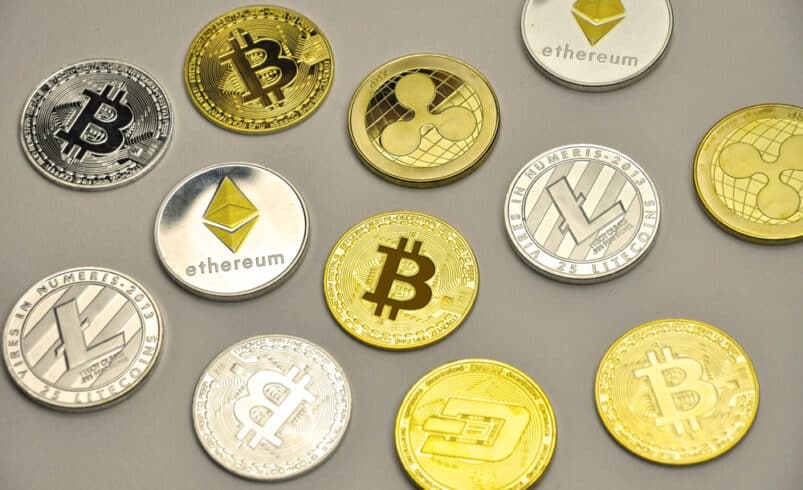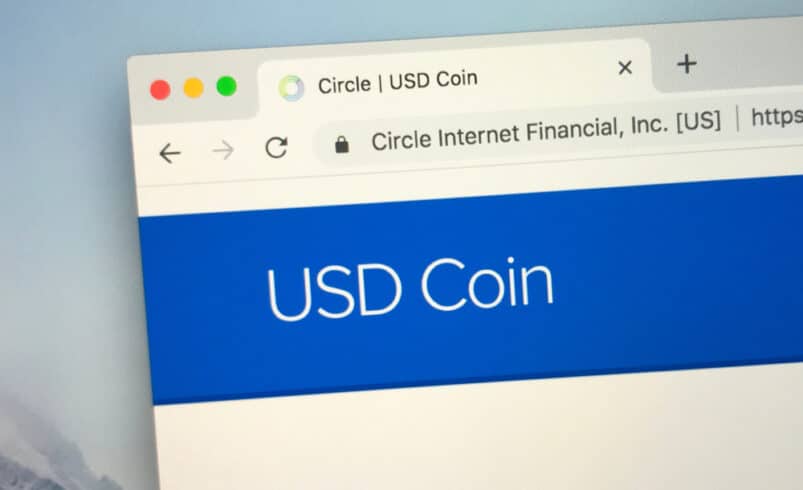What is Crypto Staking? A Beginner’s Guide

What is Crypto Staking?
Staking is another type of mining that is adopted by blockchain who have not adopted the PoW consensus mechanism from the Bitcoin network. There are many different types of blockchains depending on their design and infrastructure.
Some blockchains such as Algorand, Ardo, Avalanche, Bitshares, and Cosmos have adopted a PoS or Proof-of-Stake consensus mechanism. These blockchains have support for smart contracts.
It means that they can lock tokens for a given amount of time to aid the governance of that network and this process is called staking.
How does Staking Work?
Staking is a type of consensus mechanism that allows validators to verify transactions on a blockchain. In order to qualify for becoming a validator, a full node has to lock the minimum required amount of tokens on the smart contracts on that blockchain.
Nodes can also commit tokens and assign their governance power to a validator in order to increase their chances of getting selected to verify a block.
In return, validators share their block rewards with the contributing nodes. Smart contracts are automated protocols or programs that carry out predetermined actions when specified terms are fulfilled. In this manner, staking ensures that only verified and qualified data is added to the blockchain.
Blockchains mandate locking tokens on smart contracts as a form of insurance and to prevent suspicious activities. Blockchain can confiscate the tokens from a validator if they fail to complete the requirements or verify flawed data.
Is It Possible to Make Money from Staking?
Staking is also a way for token holders to generate passive income. Cryptocurrency exchanges, decentralized exchanges, liquidity pools, and Automated Market Makers also offer staking options for cryptocurrency investors. This is a process where investors can lock their token holdings in a smart contract for a given duration.
In return, the stakers can earn yield based on the APR or APY ratio. This yield is often issued in the form of a virtual currency.
Investors can earn the same tokens that they have staked or they may also be able to earn other types of token depending on the terms of the given protocol.
In some cases, investors can earn stakes in the tokens that they have earned as yield in the same or another protocol as a way to maximize their total earnings. This process is called yield farming.
Advantages of Staking
Here are some of the most important advantages of staking virtual currencies:
Passive Income
Staking is a good way to generate passive income using your digital currency reserves. Rather than just holding a cryptocurrency in the trading account, investors can start earning on their reserves by staking them.
Staking does not mean retaining the ownership of the holdings with the investor and also allowing them to earn yield.
Accessibility
Digital currency staking services are accessible to investors who are using a trading platform and digital wallet for trading them.
Anyone can access the decentralized trading exchanges and other protocols without any verification and stake their reserves through simple digital wallet transfers. Therefore, it also promotes financial inclusion.
Project Support
Staking is a good way to support a given digital currency project. Retail investors may also invest in a given DeFi startup through staking. They may also become liquidity providers to a protocol and assist the blockchain with the governance process.
Network Security
Staking was originally introduced to a blockchain as a consensus mechanism and to bring more security to the network. Therefore, staking brings more security to the network by ensuring that validators adhere to the rules.
At the same time, more funds staked in a given blockchain increases its resistance against attacks and exploits.
Conclusion
Staking is popular among investors to preserve or increase the overall value of their portfolios during the bear markets. However, traders may not be able to un-stake their reserves if the prices do not appreciate.









